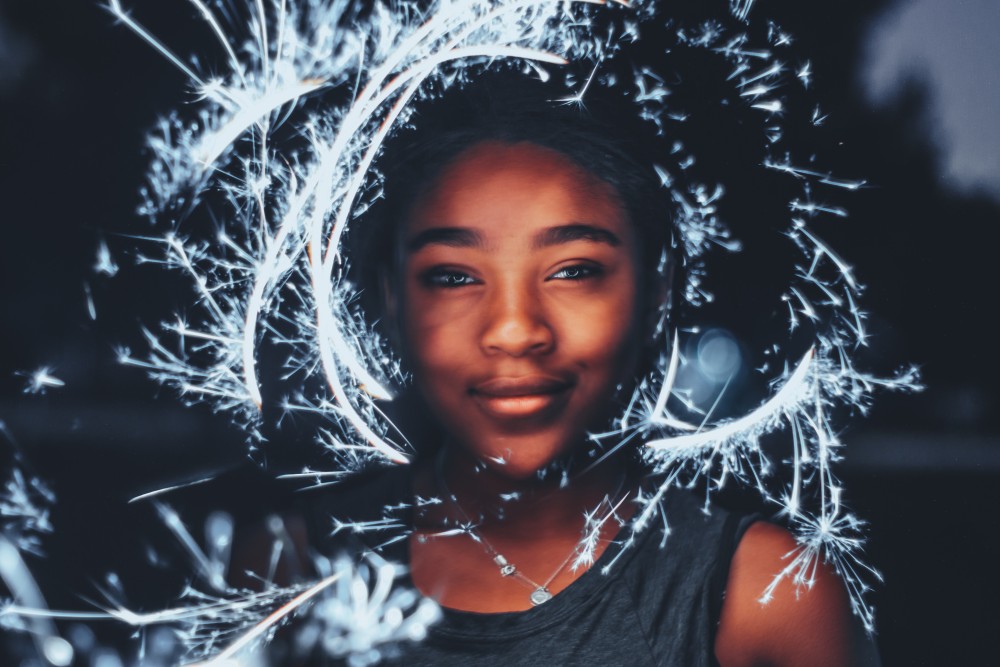The work of reconstruction, 50 years after Martin Luther King Jr.
Of the many absurdities around race and hatred that still exist in our culture, Trump may be the least of them.

“Why does Trump hate black people so much?” My daughter’s friend Lily posed this question a few weeks ago while they were playing together after school. It wasn’t an abstract question intended to make a political statement. It was personal, born of a six-year-old girl’s confusion about the realities of racism. Lily is black, so at least on some level she was also asking “why does the President of my country hate me?”
Whether Trump actually hates black people fades beneath the layers of absurdity Lily’s question reveals. It’s absurd to think that a national politician would have any feelings whatsoever about a particular first-grader living in Skokie, Illinois, let alone a feeling as powerful as hate. (Indifference, sure. Superiority in an abstract sense, probably.) It’s also absurd to think that Trump only hates black people when the reality is that he seems to despise much of the American public: black, Jewish, LGBTQ, immigrant, poor, liberal, Muslim, disabled, Latino, menstruating, smarter than him, dumber than him, and . . . well, the list could go on.
But the most absurd aspect of Lily’s question is the idea that only Trump hates black people. Asking why one very famous hater hates black people, as heartbreaking as it sounds coming from the mouth of a black child, risks obscuring the reality that all of America is structured around the systemic exploitation of black people. From the days of slavery to Jim Crow, from redlining to the white nationalism that’s gaining a voice in some circles today, our social and economic systems are built on the abuse of black people. Lily could just as honestly have asked, “Why did my country hate black people so much, and why does it still?” But maybe that truth is too much for a six-year-old heart to bear.




